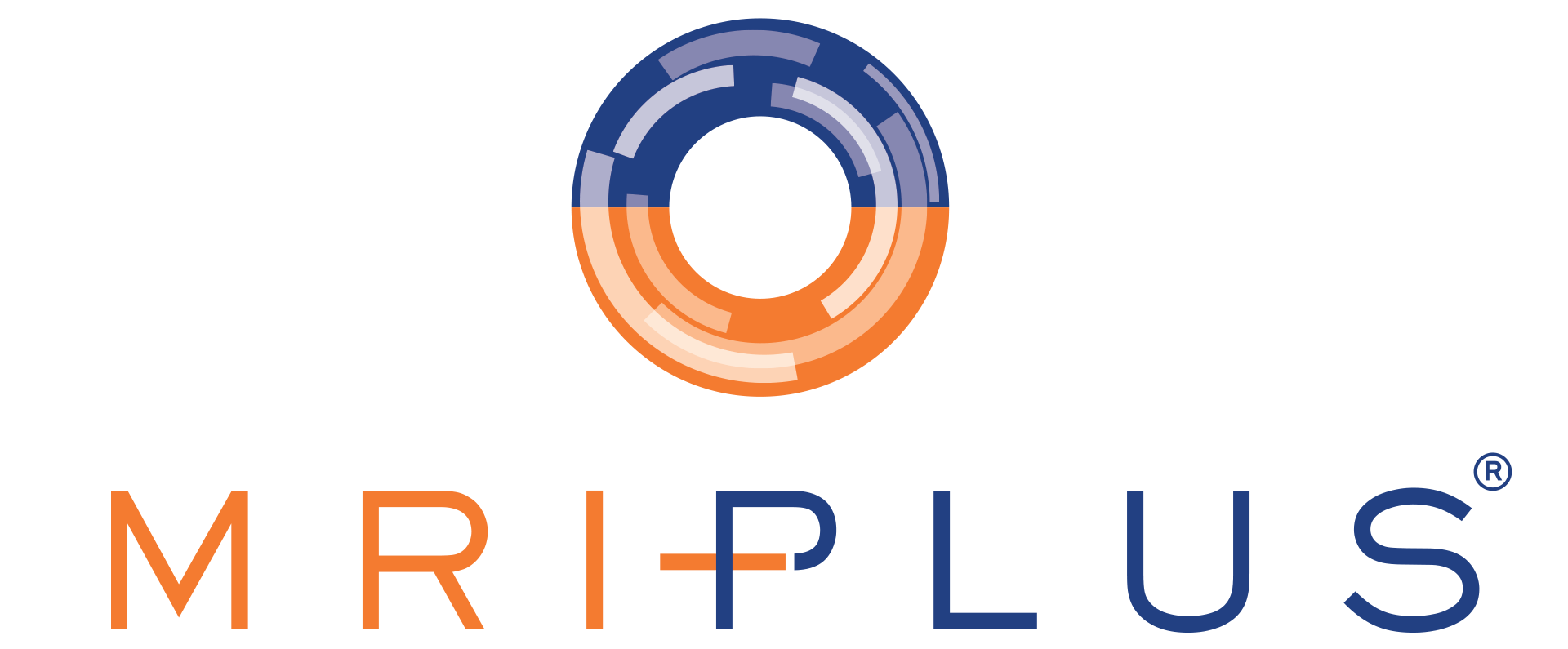Dementia Symptoms Explained: What to Watch For and When to Get Checked
May 17, 2023
Are you forgetting things?
It’s normal to forget things, like names, misplacing house keys or forgetting to buy milk on the weekly shop. We all have these moments!
As we age, there is a natural decline in brain function and memory, and it’s usually nothing to worry about.
However, it can be concerning if you, or someone you know, has increasing symptoms of memory loss and it’s starting to affect daily life.
In this article, we discuss the most common early signs, symptoms and types of dementia, and getting a diagnosis.
What is dementia?
Dementia is a general term used to describe conditions where a slow decline in brain (cognitive) function affects a person's ability to perform daily activities.
Dementia presents differently in everyone, and can affect memory, thinking, language, judgement, behaviour and emotions.
What are the different types of dementia?
There are several different types of dementia, each with their own specific signs and symptoms.
Alzheimer's Disease
This type of dementia is the most common, attributing for around 60-80% of cases.
Symptoms commonly start with memory loss, followed by difficulty with language, problem-solving, and other brain functions.
Vascular Dementia
This type of dementia is caused by a lack of blood flow to the brain due to stroke or other cardiovascular problems. It is the second most diagnosed form of dementia in people over 65 years of age.
Symptoms usually include confusion, difficulty with decision-making, and problems with speech and vision.
Dementia with Lewy Bodies (DLB)
This type of dementia is caused by abnormal clumps of protein that form inside the brain. These protein deposits are called Lewy bodies and are also found in those with Parkinson’s disease.
The build-up of protein commonly affects brain functions such as thinking, vision and movement.
Symptoms include visual hallucinations, changes in attention span, and difficulty with movement.
Frontotemporal Dementia
This type of dementia affects the front (frontal) and sides (temporal) of the brain.
Symptoms include changes in behaviour and personality, as well as difficulty with language and problem-solving
Mixed Dementia
This type of dementia occurs when a person has more than one type of dementia, such as Alzheimer's disease and vascular dementia.
What are the signs and symptoms of dementia?
The signs and symptoms of dementia can vary depending on the type and stage of the disease.
Common symptoms include:
- Memory loss
- Difficulty with communication and language
- Impaired judgement and decision-making
- Difficulty with daily tasks, such as dressing and personal hygiene
- Changes in mood and personality
- Loss of motivation
- Loss of interest in activities
- Difficulty with spatial awareness and navigation
- Confusion and disorientation
However, some of these symptoms can also be caused by other conditions, so it is important to seek medical advice from a doctor.
How is Dementia diagnosed?
There is no singular test to diagnose dementia, but dementia symptoms can be explored by healthcare professionals to find the cause.
Your GP
Initially, the best course of action is to consult with your GP. Your doctor can assess your symptoms, medical history and refer you to a specialist, if needed.
Your GP may also request blood or urine tests to check for any other conditions that may be causing your symptoms.
Seeing a specialist
A specialist will make a detailed assessment of your mental abilities, to understand the cause of your symptoms.
This includes a physical examination, looking at your medical history and assessing your brain function with some mental ability tests.
You may also have a scan of your brain to check for any changes, or other causes of your symptoms.
Once all of the test results are in, the specialist will advise on the cause of your symptoms and help you access any help or treatment required.
What tests and scans are used to diagnose Dementia?
Mental Ability Tests
A specialist will look at your response to different questions and tasks such as:
• asking you to recall a list of items
• asking factual information, such as the time or season
• asking you to interpret shapes
• asking you to solve problems.
Brain scans
MRI and CT are the most common scans used to check for changes in the brain.
CT (computerised tomography) scans can highlight brain tumours and the signs of stroke but cannot provide detailed insight of the structures in the brain.
MRI (magnetic resonance imaging) scans can provide detailed information about the structures of the brain, and signs of stroke. MRI technology can help confirm the cause of dementia by highlighting damaged blood vessels and areas of the brain that are shrinking.
If you, or someone you know, are experiencing memory loss or displaying signs of dementia, it's important to consult with your healthcare provider to determine the underlying cause and appropriate treatment.









